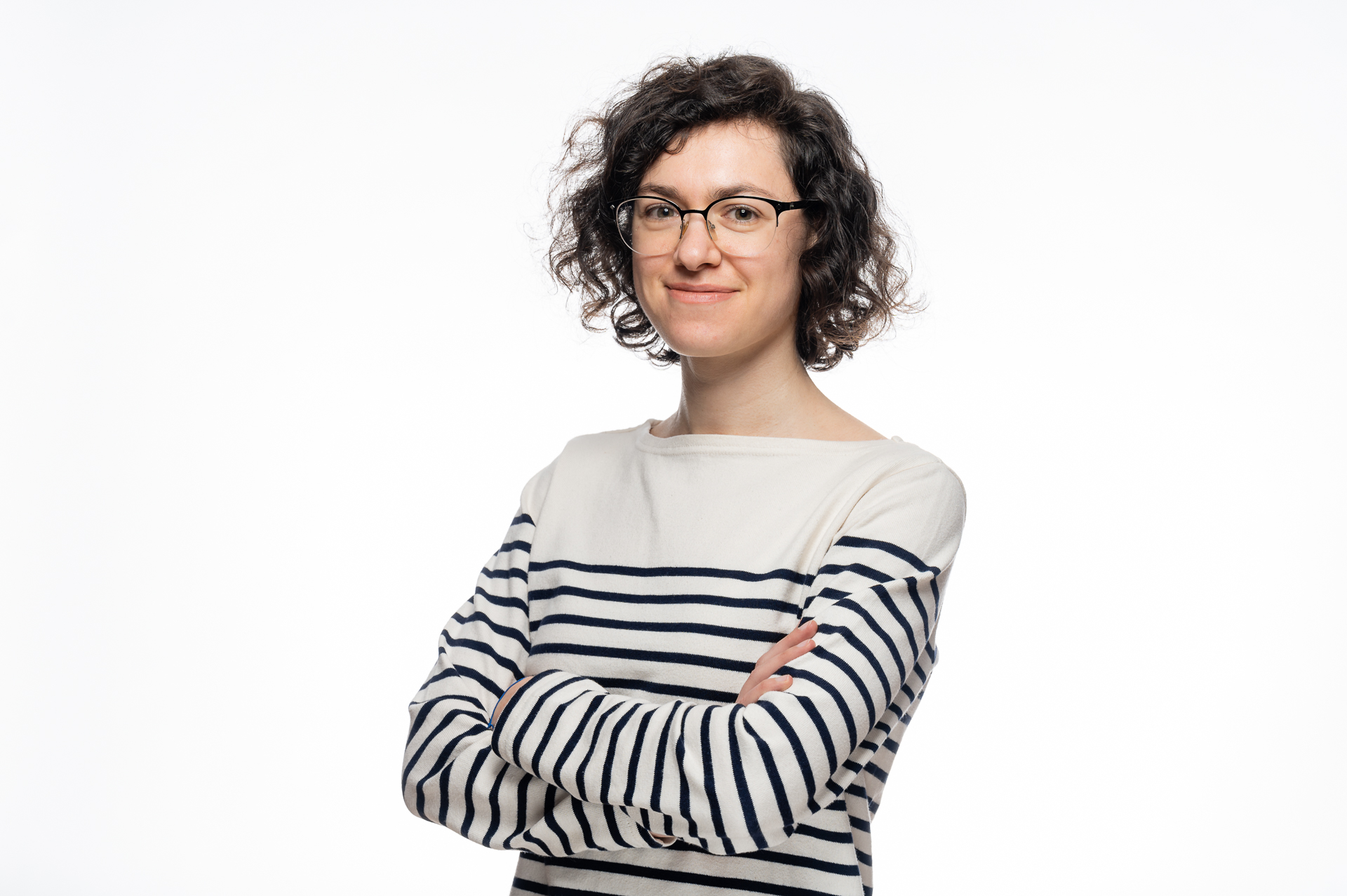
Mariia Shynkarenko is a political scientist and a Research Associate in the Ukraine in European Dialogue program at the IWM. Her research focuses on the historical and contemporary identity, indigeneity and resistance of Crimean Tatars. In 2023, Mariia has received her PhD from the New School for Social Research.
Recently, Mariia was awarded, with an honorable mention, the Postgraduate Student Prize by the British Association for Slavonic and East European Studies (BASEES) for her article “Compliant Subjects?: How the Crimean Tatars Resist Russian Occupation in Crimea”, which explains how actions that initially appear compliant with the Russian occupation regime challenge the Russian authority even more so than overt resistance.
In her piece for the Focus Ukraine blog of the Kennan Institute “Taking Stock: A Decade of Russia’s Occupation of Crimea,” Mariia Shynkarenko analyzes Russia’s strategies to secure its grip on Crimea and cultivate its myth of permanence. Specifically, the article focuses on colonial infrastructures and visual landscape as means to cementing Russia’s grip on peninsula and recasting space as Russian.
“February 2024 marked the tenth anniversary of Russia’s invasion and occupation of Crimea. In the eight years before the full-scale invasion, Crimea receded from most people’s radar. Today, however, it has regained prominence—as a base for attacks on Ukraine, a region Ukrainian forces are focused on liberating, and a big piece of the puzzle in securing peace for Ukraine. But Russia has devoted considerable technologies, both infrastructural and visual, to trying to persuade the world that Russian control of the peninsula is henceforth permanent.” – writes Mariia in the article.
On 20 March 2024 at 17:00 CET, Mariia Shynkarenko, together with Greta Uehling, will give an online lecture titled “10 Years of Crimea’s Occupation: Crimean Tatars’ Resistance and Resilience” at the University of Florida Center for European Studies. The lecture is open for attendance and you can register via the following link.
